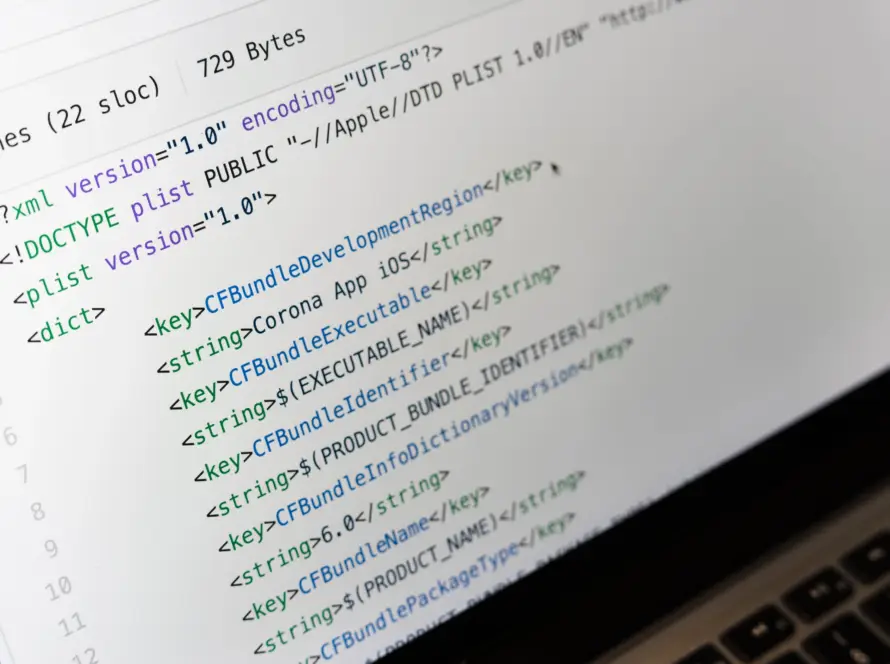Generated by Contentify AI

Securing Your PHP Code: Best Practices and Techniques
In the fast-paced world of web development, the importance of securing PHP code cannot be overstated. PHP, a server-side scripting language widely used for web development, is prone to various security vulnerabilities if not properly managed. As a result, it is crucial for developers to adhere to best practices and techniques to ensure the security of their PHP code.
One of the fundamental steps in securing PHP code is to regularly update the language to the latest version. PHP releases updates and patches to address security vulnerabilities and enhance overall performance. By staying updated with the latest PHP version, developers can mitigate the risk of utilizing outdated and vulnerable code.
Furthermore, implementing input validation is a critical aspect of securing PHP code. Unsanitized user input can lead to various security threats such as SQL injection, cross-site scripting (XSS), and more. By validating and sanitizing user input, developers can prevent malicious code from infiltrating their applications, thus fortifying the security of the PHP code.
Another essential practice for securing PHP code is to utilize parameterized queries when interacting with databases. This approach prevents SQL injection attacks by separating the SQL code from the user input, thereby minimizing the risk of unauthorized access to the database.
Moreover, deploying secure coding practices such as using HTTPS, employing strong encryption algorithms, and implementing two-factor authentication can significantly bolster the security of PHP code. By adhering to these best practices and techniques, developers can fortify the resilience of their PHP code against potential security threats, thereby safeguarding the integrity and confidentiality of their applications.
In conclusion, securing PHP code is a paramount concern for web developers given the increasingly sophisticated nature of cyber threats. By diligently following best practices and techniques such as staying updated with the latest PHP version, implementing input validation, utilizing parameterized queries, and embracing secure coding practices, developers can effectively fortify the security of their PHP code, ensuring robust protection against potential vulnerabilities and attacks.
Key Takeaways
- Use parameterized statements to prevent SQL injection attacks
- Validate and sanitize user input to prevent cross-site scripting (XSS) attacks
- Keep sensitive information secure by using proper encryption and hashing techniques



